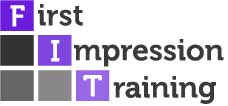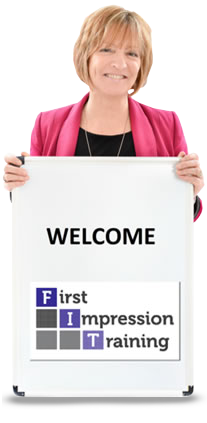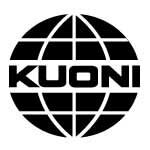Burnout is a common problem for frontline staff, especially when they have been in the same role for several years and know the job inside out, to the extent they’re operating on autopilot. Such employees will often be simply going through the motions, unaware that this will lead them subconsciously to develop bad habits. The customer on the other end of the phone will pick up on this sort of disengagement, spoiling their customer service experience.
Properly executed and delivered customer service training, tailored to their specific needs, is therefore essential for all frontline staff however there’s lots of great stuff you can, and should, be doing to alleviate boredom, stress and frustration including;
• Language – focus on developing a language of influence that has a positive impact on the conversation – a good example of this is the way you respond when someone has been kept on hold for a long while. Try saying “Thank you for your patience” rather than “Sorry to keep you waiting”. The latter is neutral and impersonal, but the former demonstrates interest and lets the customer know that it’s a real person talking to them. It rubs off between colleagues too and their internal communication style will become more positive as a result.
• Attitude – likewise, focus on what you CAN do for the customer rather than what you CAN’T. Speaking positively, even when delivering bad news, makes a huge difference to the level of customer satisfaction and, at the same time, reduce stress and increases staff confidence and competence. Your people will KNOW that they’ve made a positive difference…and so will your customers!
• Listen – engage proactively with your people and be on the lookout for the tell-tale signs. Be sure to meet with the individual at the earliest opportunity to discuss their feelings and get to the heart of the problem. You can avoid a lot of problems further down the line by providing the opportunity for frustrations to be vented in the here and now.
• Provide tools that work – frustration with slow or ineffective systems/equipment can be a real barrier to delivering a great service. This will most likely lead to feelings of helplessness during customer-facing situations leading to frustration and work-related stress.
• Be consistently fair – avoid offering preferential treatment to “favourites”. Typical examples of this would include unqualified promotions, inconsistent pay awards etc. If treatment is unstructured or imbalanced then this is one of the quickest ways to reach burnout amongst your people particularly as these feelings will most likely go unheard.
• Give your people a voice – they spend a lot of their time in the business so why wouldn’t you allow them the opportunity to invest themselves in the organisation through their ideas, observations, recommendations etc? Dale Carnegie hit the nail on the head when he said;
o Challenge your people
o Encourage their passion for your vision
o Provide clear, consistent opportunities to advance
o Apply the same measurements to everyone
o Stand back and let them get on with it
• Have fun – no rocket science here. People who enjoy what they do, do what they enjoy so it makes sense to make the workplace a happy, relaxed place to spend time. Our good friends, Sunny and James are co-directors at Fun At Work have turned this principle into an entire business offering a monthly rotation of fun equipment into workplaces keeping the working environment fresh and energising for employees. You can get some great ideas by visiting their website at www.funatwork.co.uk
• Recognise and reward success – recognition is one of the strongest motivators to do a great job amongst customer service people. It is validation of the value they bring to the organisation during those day to day conversations with customers and the reason they’re in the job in the first place. No matter what they tell you, every employee wants to feel needed. An unexpected pat on the back or recognition in front of peers for a job well done can be a tremendous ego boost and go far toward stemming the onset of a burnout. Remember too that, sometimes, a simple “thank you” can be enough – it’s the most neglected form of compensation and, more importantly, it’s good manners, simple as that!
Until next time…
Keep FIT!


















